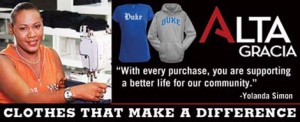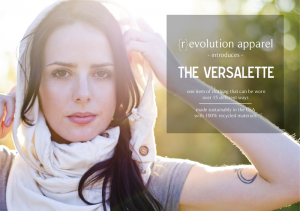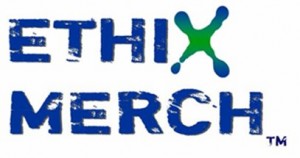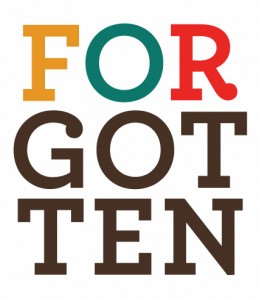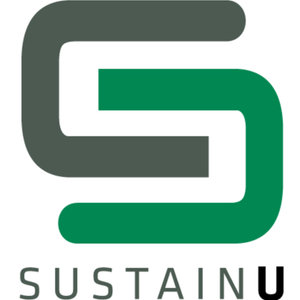Kelsey’s Closet
Look, we aren’t going to shop our way to a better world. Sweatshops and child labor and labor wrongs are all just symptoms of the bigger problem: poverty. The apparel industry, should and could be part of the solution in fighting poverty. The company’s featured in my closet are doing just that.
Welcome to my closet! Wear a story!
Alta Gracia
Alta Gracia is one of the first living wage garment factories in the developing world. They are sold in many college book stores across the country and are connecting students and consumers with garment workers. They invited me to work at their factory, but I haven’t had a chance to take them up on the offer yet.
***
{R}evolution Apparel
{R}evolution Apparel produces versatile (their versalette can be worn 15 different ways) that are made from organic and recycled cotton in the United States. Versatility allows you to have a lot of clothing options with one item and ultimately consumer less. I’ve known these ladies for a bit now. They totally inspire me.
***
Ethix Merch
Ethix Merch is the place for customized ethical schwag.
If your boss gives you the task of buying some cheap pins or T-shirts, contact the Merchant Adventurers (I love that job title!) at EthixMerch to help your organization practice what it preaches.
***
Cotton the Carolinas
Cotton of the Carolinasproduces what might be the world’s most local T-shirt (dirt to shirt in under 750 miles). They also operate the most transparent supply chain I’ve seen.
***
Forgotten Shirts
The Fair Trade cotton is grown and sewn in Uganda and the shirt is screen printed by at-risk youth in Minnesota. From Uganda to Minnesota, Forgotten Shirts give opportunities to folks facing poverty. You can’t get more glocal than that. During a time when so many of us have forgotten about the lives of the people who make our stuff, Forgotten helps us remember. That’s a pretty cool story, one I like to wear.
***
SustainU
SustainU (my thoughts on them here) turns yesterday’s clothes and plastic bottles into today’s shirts and T-shirts. Compared to a typical shirt they use 1/2 gallon less of gas, thousands liters less of water per shirt, and release 12kg less of CO2 into the air. To
top it off, all of their products are Made in the USA. Can a shirt change the world? Can a clothing company change the garment industry? Checkout SustainU and decide for yourself.
***
Rain Tees
Rain Tees donates school supplies to children living in endangered rain forests and asks them to document what they see. Rain Tees takes that picture and puts it on an organic T-shirt using environmentally friendly inks. A family that lives just outside a rainforest in Peru makes the shirts. The child’s name and where they are from are also printed on the shirt. And for every shirt sold Rain Tees plants a new tree in the rainforest. I personally know the founder of Rain Tees, Beth Doane. She is an inspiring environmentalist, entrepreneur, author, speaker, and human being.

